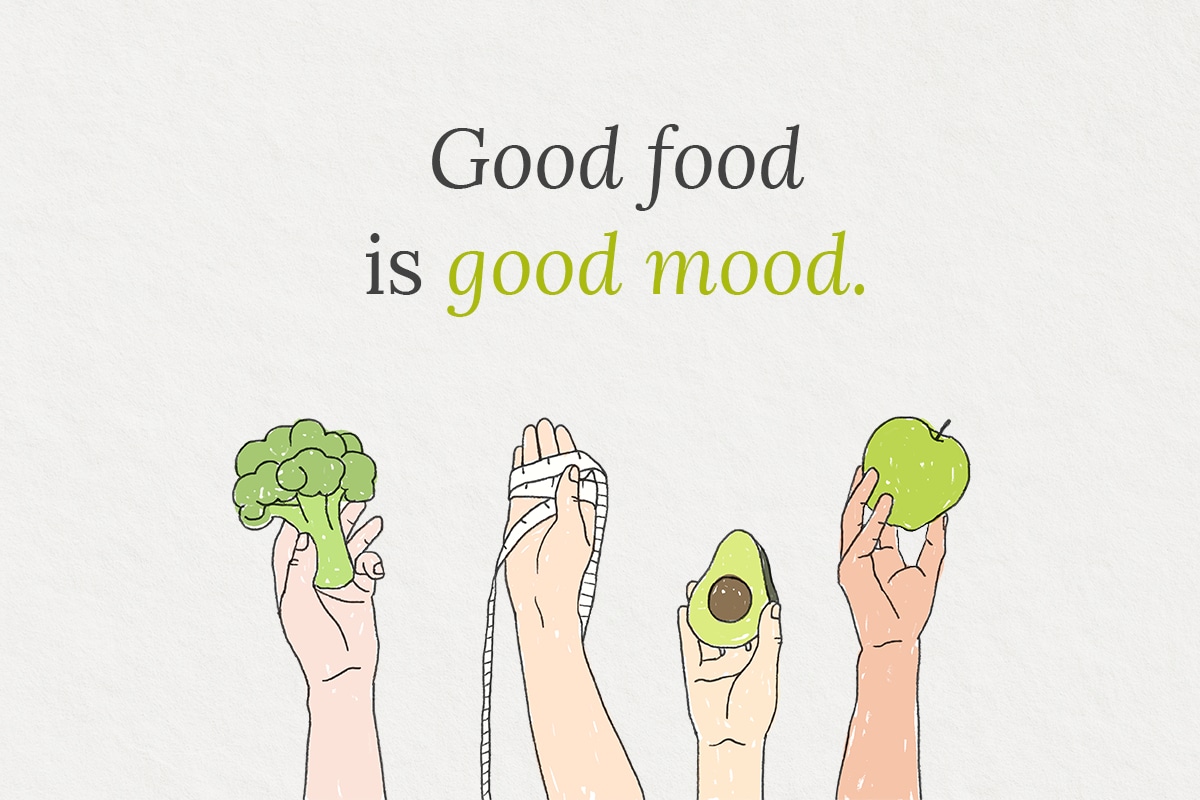Easy keto egg recipes are a MUST on a low carb diet. And they’re one of the most popular foods in the world. Especially on keto.
Are you doing the keto diet? If so then I’m sure you, like so many others, have a lot of questions about the foods you eat, why you eat them, and what recipes to make with them. One of the number foods people eat and talk about on the ketogenic diet is eggs. And I can see why! Eggs have so many benefits, are filling and versatile. They make the perfect ingredient for keto.
A Little About The Keto Diet / Ketogenic Diet
The keto diet is a low-carb, high-fat diet that uses the right combination of macros (carbs, fats, proteins) to work for your body. There is no one set way to keep track of macros because each person’s body is different. But how it works is the same. It lowers blood sugar and insulin levels and shifts the body’s metabolism away from carbs and toward fat and ketones. Long story short, your body burns additional fat to fuel itself and results in weight loss.

Here’s another bonus. There are specific health conditions for which the keto diet is beneficial.
Metabolic syndrome/ prediabetes: This is characterized by insulin resistance. Metabolic syndrome could be diagnosable from things like higher triglycerides, large waistline, low HDL cholesterol, high blood pressure and/or elevated fasting blood pressure. This increase risk for heart disease, diabetes, and other disorders. The keto diet helps with cholesterol values and may reduce blood pressure and blood sugar.
Epilepsy: Research shows that seizures typically improve in about 50% of epilepsy patients who try the classic keto diet.
Diabetes: On the keto diet, people with diabetes often have reduction in blood sugar levels. This is true for both type 1 and type 2 diabetes.
Polycystic Ovary Syndrome: One hallmark of PCOS is insulin resistance. Many women with PCOS have a hard time losing weight. The keto diet and other low carb diets can aid in weight loss for women with PCOS.
Multiple Sclerosis: One study showed that the keto diet suppressed inflammatory markers. The reduced inflammation led to improvements in physical function, memory, and learning. MS seems to reduce the cells’ ability to use sugar as a source of energy. Keto diets have potential to assist with energy production.
Migraines: Some studies seem to show that migraine symptoms can improve in people who try the keto diet.
Healthline reviews list benefits of a low carb and keto diet. There’s lots of research out there. Do your homework!
Low Carb Diet
The keto diet is a great way to lose weight. Who wouldn’t love bacon on a daily basis? But… again, do your homework.
Low carb diets reduce your appetite. One major side effect of dieting is often feeling more hungry than usual. This leads to people feeling miserable, leading to them going back to their old, unhealthy habits. Low carb eating leads to reduced appetite.
Studies show that when people eat more protein and fat and cut down on carbs, they end up eating far fewer calories.
Weight Loss
Cutting down on carbs is one of the simplest ways for one to lose weight. Studies show that people on low carb diets lose weight faster than those on low fat diets. This is due to the fact that low carb diets get rid of excess water from your body. It also lowers insulin levels which leads to rapid weight loss in the first couple weeks. In some studies, many who cut down on carbs lost 2-3 times more weight than those on low fat diets. Plus, they were less hungry.
Also, if your target weight loss area is in your abdomen, low carb diets are very effective. Low carb diets can significantly reduce harmful abdominal fat. A large portion of fat that people lose on low carb diets come from the abdominal cavity. Reread that, Ladies!
The two main types of fat are subcutaneous fat and visceral fat. Subcutaneous is under the skin while visceral fat can accumulate in the abdominal cavity. Too much visceral fat can cause inflammation and insulin resistance. Low carb diets do a great job at eliminating this fat.

Benefits of Eggs
Eggs are extremely nutritious. They contain a bit of almost every nutrient you need!
Some nutrients eggs include are vitamin A, Folate, Phosphorus, Selenium, and Vitamins B5, B12, and B2. Eggs also have amounts of calcium, zinc, and vitamins D, E, K, and B6.
Another benefit is that while eggs are high in cholesterol, they do not negatively affect blood cholesterol for most people. If anything, they increase the “good” cholesterol, or HDL cholesterol. Those with higher levels of HDL tend to have lower risk of certain health problems like heart disease and stroke. Eating eggs is a great way to increase HDL levels.
Eggs contain a lot of quality protein, with all essential amino acids in the right ratios. Protein is extremely important in a healthy diet, and eggs are a great source of such proteins. A single large egg contains 6 grams of protein, along with all the essentials amino acids in the ratios. So, your body can make good use of the protein an egg contains. Eating enough protein helps with muscle mass, lower blood pressure, weight loss, bone health, and more.
Eggs are filling. This is largely due to the fact that eggs are high in protein, which is the most filling macronutrient. Eggs score high on the satiety index, and they can help you eat fewer calories because they make you feel more satisfied for a longer period of time. This significantly helps if you are trying to lose weight.
Nutritional Value of Eggs and How They Benefit You
- Grams of Protein- 6 grams
- Total carbs – 0.6 grams
- Grams of Carbs vs. Net Carbs
- Healthy Fats
- Are Eggs Keto Friendly? You betcha!
- Egg Yolks vs. Egg Whites
One egg has about 70 calories, 4.75 grams of fat, 186 milligrams of cholesterol, and 6 grams of protein. One egg white has only 17 calories, nearly no cholesterol or fat, and 3.6 grams of protein. Many see the egg white as a great diet food. And often skip the yolk.
While forgoing the yolk may seem like a good idea, the yolk might not be worth worrying about. Saturated and trans fats are the main causes in higher blood cholesterol levels for most people, and the majority of fats in egg yolks are monounsaturated and polyunsaturated.
Additionally, almost half the protein and important nutrients are in the yolk. The yolk has vitamin A, vitamin D, calcium, lutein, zeaxanthin, and folate – all important nutrients!
Keto Egg Fast
Egg fasts are super popular on keto. A lot of people do this when they first start the ketogenic diet, It also benefits you as a way to keep losing weight if weight loss has stalled.
An egg fast is a diet that consists of mostly eggs, cheese, and butter. With each egg you eat, you should eat a tablespoon of pure fat, like coconut oil, butter, or olive oil. You could also eat a tablespoon of full fat cheese. This diet will get your body to kick start its fat burning process. This is an extremely low carb, high fat diet, and moderate in protein.
A key to this diet working is cycling on and off for 4-5 days a week. On off days, you should stay on the normal keto diet.
Bonus! Easy Keto Egg Recipes!
One of my favorite go-to recipes is Buffalo Chicken Deviled Eggs. These are not complicated to make. They take relatively little time. They pack a punch at gatherings. AND they’re keto!
If you’re looking for a different breakfast than fried eggs, I’ve got you covered. Try Spinach and Feta Eggs. This versatile recipe can doubled or tripled to feed a crowd. If you’re cooking for one, it keeps in the fridge and reheats perfectly. Did I mention it’s very filling? Yeah. It is.
I couldn’t have an easy keto egg recipe post without mentioning a Keto Omelette. If you’re missing vegies, throw some in. Mushrooms, spinach, jalapeno peppers – yeah, they all work singly or together. Toss some meat in, and you can call this breakfast, lunch, or dinner!
As always, when trying a new diet, consult with your doctor. Be safe. Take things slowly. And be patient.
